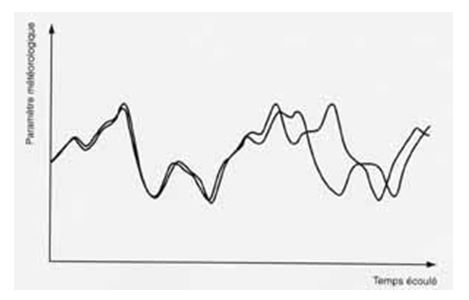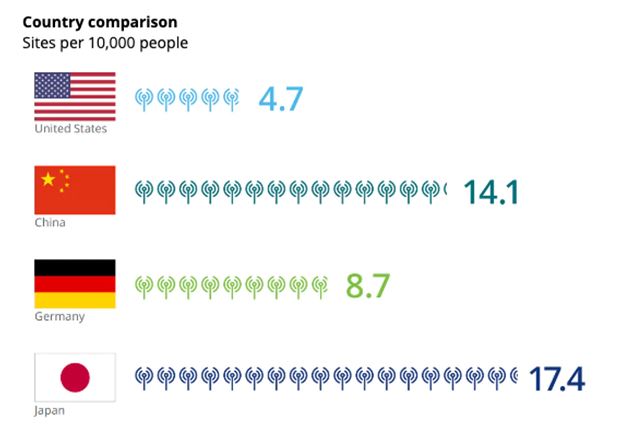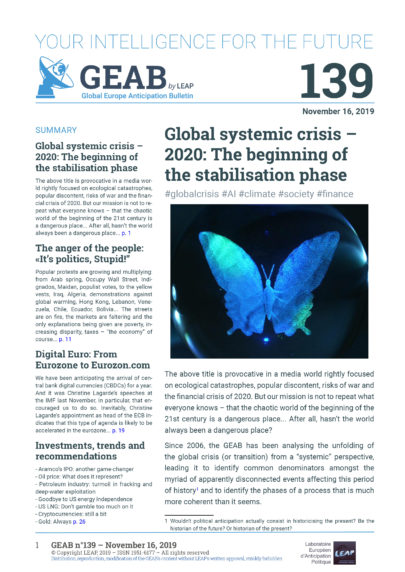GEAB 139

The above title is provocative in a media world rightly focused on ecological catastrophes, popular discontent, risks of war and the financial crisis of 2020. But our mission is not to repeat what everyone knows – that the chaotic world of the beginning of the 21st century is a dangerous place… After all, hasn’t the world always been a dangerous place?
Since 2006, the GEAB has been analysing the unfolding of the global crisis (or transition) from a “systemic” perspective, leading it to identify common denominators amongst the myriad of apparently disconnected events affecting this period of history[1] and to identify the phases of a process that is much more coherent than it seems.
This rigour of observing things is only possible because we force ourselves to “anticipate” the next steps – an exercise that leads us to constantly check the value of our hypotheses because “the future recalls itself to us”, unlike the past, about which we can say what we want. Therefore, our method involves taking risks. However, far from imposing our views, we bring into our discussion the critical intelligence of each of our readers. With these usual precautions, we will argue the hypothesis that the tipping-point of the crisis is behind us and that 2020 will send the first visible signs of stabilisation linked to the implementation of a new system transcending the old one.
Chaos theory
In a chaotic system, the flap of a butterfly’s wings in Brazil takes its share in setting off a tornado in Texas, due to a multitude of factors and their combinations.[2] The result is an apparently unpredictable system in which agents, no longer able to predict what might happen, react haphazardly, hence aggravating the oscillations of the whole.

Figure 1- “Sensitivity to initial conditions” means that laws no longer help predictions because a very small change in initial values leads to a very different future – Source: Matter and revolution, 2010
From the end of the 1990s, under the influence of globalisation (lifting of borders) and the Internet (connecting all parts of the system to one another), the world became chaotic: the CIA’s secrete operations in Afghanistan turning into a populist wave in Europe via the radicalisation of Islam, the bankruptcy of an American bank in 2008 causing a political crisis in Greece via a side effect on the European currency, the creation of Facebook leading to a huge misinformation system that contributed to the extremism of population groups, the dumping of plastic in Asian rivers leading to demonstrations in Europe… and so on.
In 10 years, the immense shocks thus generated have broken the previous superstructure (supranational and international), leading the unitary components (cities, regions, states) to try to rebuild the dykes that used to protect them before the globalisation stage (protectionism, nationalism). However, in 2019, as we anticipated in our January “ups & downs”, nationalist solutions reached their limits as no country is able to consider it either desirable or possible to isolate too much (Bolsonaro’s Brazil is not immune to international scrutiny concerning the Amazon nor to the need for Chinese funding, Johnson’s United Kingdom encounters huge difficulties in leaving the EU, etc.). The time is therefore ripe for a merger between unavoidable openness to the world and protection of the basic units (national entities) – a merger that we called “pro-trade protectionism” in March 2018,[3] but which, more than an economic model, will provide a model for global society at large in 2020, in our opinion.
Artificial intelligence (AI)
As we will see later, in the article on the emerging international monetary system, it’s technology that has actually led us into the chaotic transition phase and, of course, it’s the same that will bring about a new sustainable system in the new decade, starting with the very decisive year 2020.
In 2020, 5G will already reach everywhere,[4] thanks to which artificial intelligence will be deployed along all our virtual connections via the advent of the big data era.[5] Returning to chaos theory, it shows that, in a complex system, minimal differences in starting conditions can lead to completely different results, leading to the apparent unpredictability. Big data connected via 5G will provide a tool for a much more in-depth observation of reality that will allow us to regain predictability.

Figure 2 – 5G deployment by country and number of sites per 10,000 inhabitants. Source: Deloitte.
For example, the agro-industry is currently adopting big data techniques that will allow it to integrate climate characteristics into the planning of seed and crop choices and schedules, thus equipping itself with tools to adapt to the disrupted climate. Adaptation of agriculture to new climatic conditions will also result in lower energy and resource consumption, thus reducing its environmental impact.[6] The same will happen in all industrial sectors. This will make it possible to respond to both emergencies and climate requirements and thus appease the anger of the people. Stabilisation.[7]
Climate: between adaptation and stabilisation Login

Popular protests are growing and multiplying: from Arab spring, Occupy Wall Street, Indignados, Maidan, populist votes, to the yellow vests, Iraq, Algeria, demonstrations against global warming, Hong Kong, Lebanon, Venezuela, [...]
We have been anticipating the arrival of central bank digital currencies (CBDCs) for a year. And it was Christine Lagarde's speeches at the IMF last November, in particular, that encouraged [...]
Aramco's IPO: another game-changer Saudi Aramco is a wonderful illustration of the problem that we see beginning to be solved in 2020 with the establishment of a new monetary and [...]

Comments